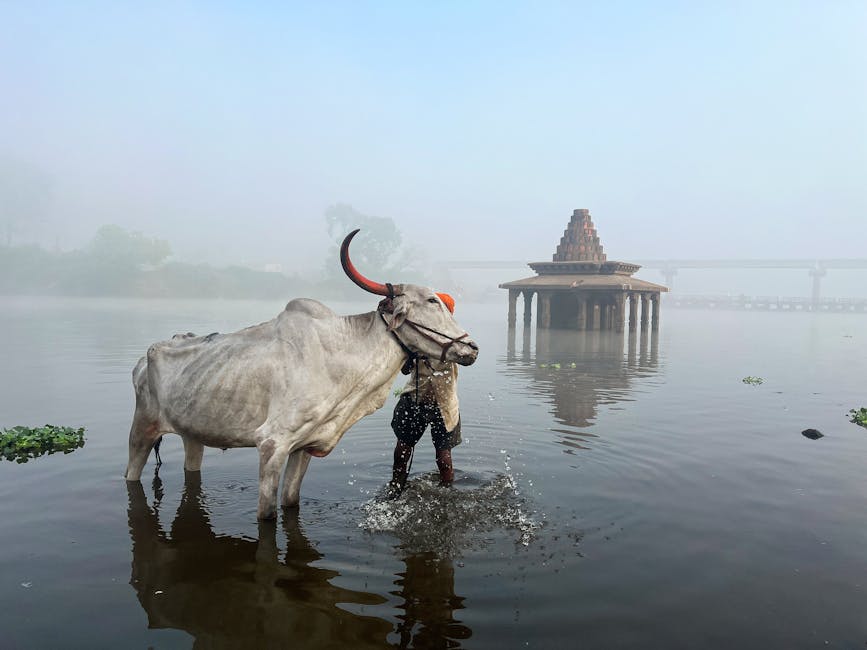Iraq’s Salinity Crisis Threatens Farms and Livelihoods
In southern Iraq, where the Tigris and Euphrates rivers have sustained life for centuries, escalating water salinity is crippling agriculture and endangering livestock. Farmers face collapsing yields, while experts warn of long-term damage to Iraq’s food supply without immediate intervention.
Why Is Iraq’s Water Turning Saltier?
Decades of reduced river flow, climate change, and poor water management have turned once-fertile land barren. Key causes include:
- Upstream Dams: Turkey and Iran’s dams restrict freshwater flow, allowing seawater intrusion.
- Drought & Evaporation: Rising temperatures and lower rainfall concentrate salt in remaining water.
- Pollution & Poor Irrigation: Oil spills and outdated farming methods worsen soil salinity.
In Basra, Maysan, and Dhi Qar, water from the Shatt al-Arab river is now saltier than the ocean, burning crops and poisoning animals.
Farmers Struggle as Crops Fail
Iraq, historically the “Land of Two Rivers,” once produced abundant dates, wheat, and barley. Today, salinity has slashed yields by 50%, with date palms—critical to Iraq’s economy—dying en masse.
- Wheat & Rice Shortages: Declining harvests raise food security fears.
- UN Warning: Over 60% of Iraq’s farmland risks desertification.
Livestock Dying from Salt Poisoning
Cattle, sheep, and goats are falling ill or dying from salty water. Herders report:
– Dehydration and collapsing animals.
– Plummeting milk production.
– Forced sales or relocation for survival.
Government Inaction Deepens Crisis
Despite pledges, Iraq’s response has been slow:
– Desalination projects remain underfunded.
– Water-sharing talks with Turkey and Iran stall.
– Farmers demand modern irrigation, pollution controls, and aid.
Will Southern Iraq Become Uninhabitable?
Experts warn of mass rural migration, unemployment, and food dependency if nothing changes.
“Without action, southern Iraq could be uninhabitable in decades,” says Dr. Salman Khairallah, a Basra University environmental scientist.
For farmers like Ahmed Hassan, time is running out: “We’ve survived wars, but this could end our way of life.”
(Sources: FAO, local farmers, environmental experts.)




